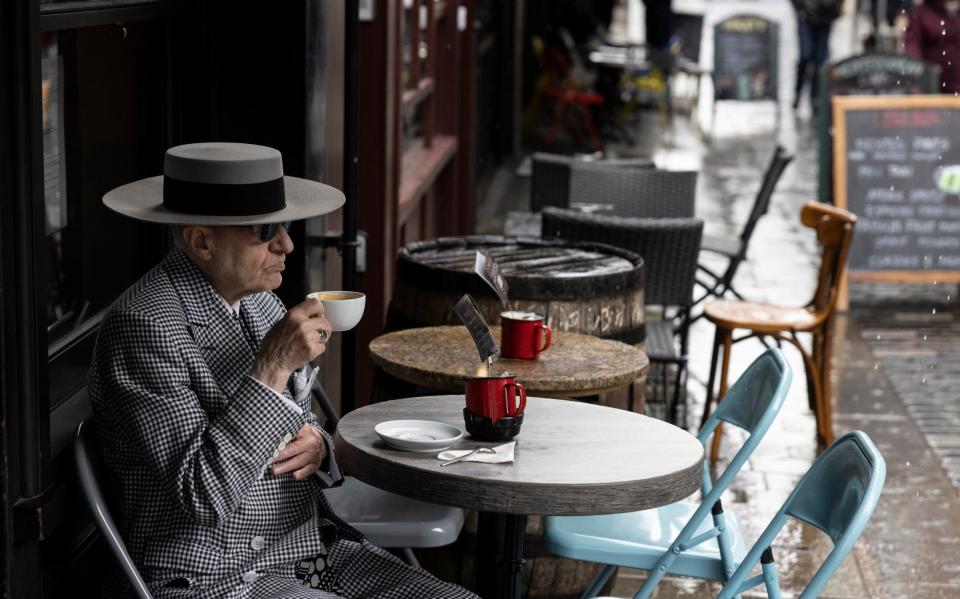Soaring cost of coffee beans set to be filtered through to customers

Coffee shops relieved by returning demand from office workers face a new challenge as fears of a poor harvest in Brazil, the world's top producer, drives the price of beans to its highest level in a decade.
Market rates for arabica beans, used by companies including Starbucks and Pret a Manger, reached as high as $2.39 per pound on Friday, the highest since the food crisis in 2012.
Arabica prices have risen about 80pc this year, outstripping jumps across other "soft" commodities including cotton, sugar and palm oil.
The rise is likely to filter through to the price of a cup of coffee, warned Charles Sargeant, a commodity broker at Britannia Global Markets.
“The higher prices are not going away [and] that will translate into higher consumer prices,” he said.
The latest harvest in Brazil, the top grower of arabica, was devastated by droughts, and a recent frost threaten to damage next year’s crop.
Warren Patterson, head of commodities strategy at ING, said there was “still plenty of uncertainty” over the upcoming harvest.
“We've basically got to see a very good rainy season in Brazil to alleviate some concerns over the tightness,” he added.
On top of those problems, coffee exporters are dealing with hold-ups across global supply chains along with the soaring cost and low availability of freight shipping.
Cecafe, Brazil’s biggest exporter group, says around 3.7m bags of coffee had their exports held up in the first ten months of the year.
“The supply chain has been broken, and it’s difficult to move product around the world,” said Sargeant.
Other producers are also facing difficulties. Colombia, ranked second, has suffered heavy rainfall that damaged yields.
Roberto Velez, head of the country’s National Federation of Coffee Growers, said record prices in the local markets had made growing operations profitable for the first time in years, but that rising costs for energy and labour were squeezing margins.
“It’s not a bonanza,” he said in a video posted on the organisation’s Twitter account last week.
In Ethiopia, the top African producer, civil war threatens to disrupt exports, although they have held up so far.
It comes as coffee shops recover much of the pre-pandemic sales. This month Pret a Manger said its cafes in the City of London and Canary Wharf were at 86pc of their level before Covid.

 Yahoo Finance
Yahoo Finance 